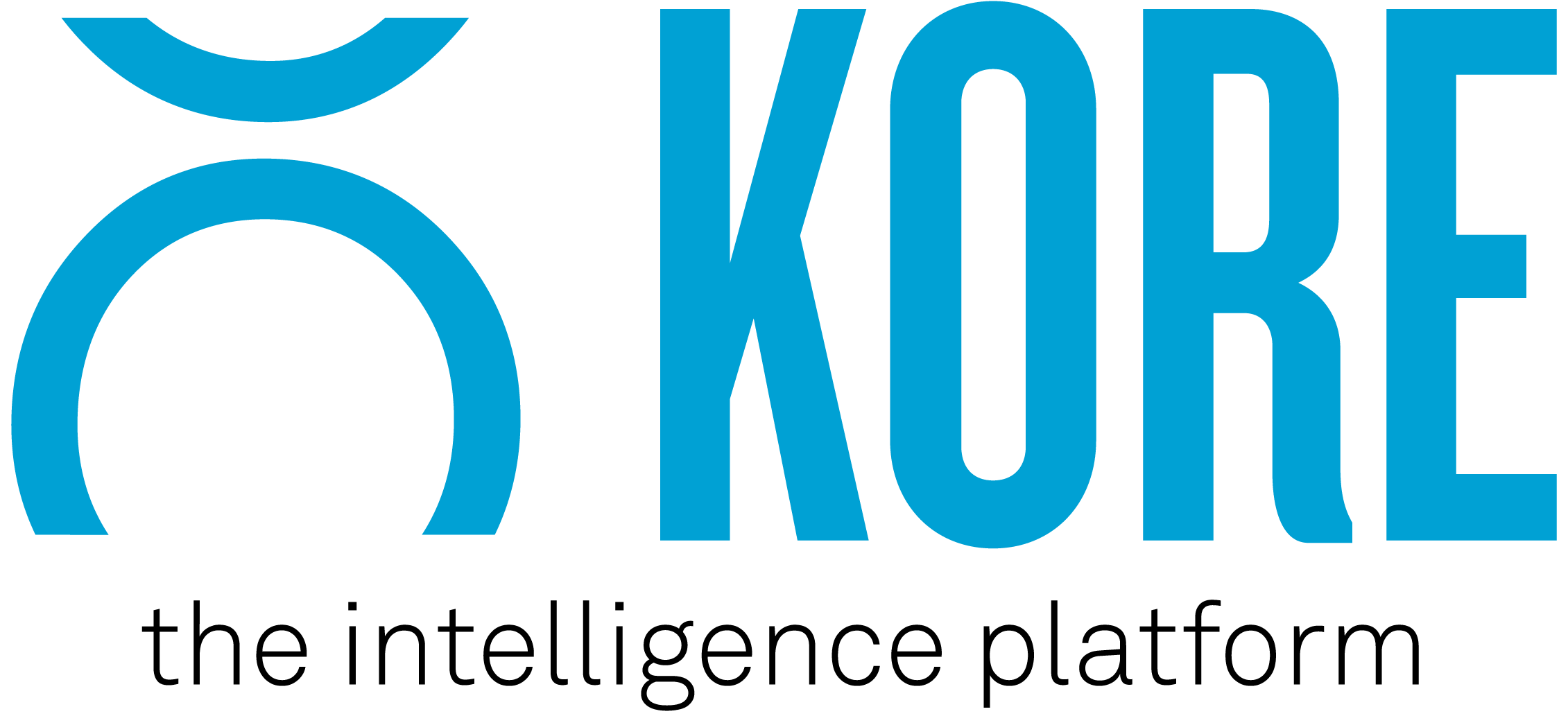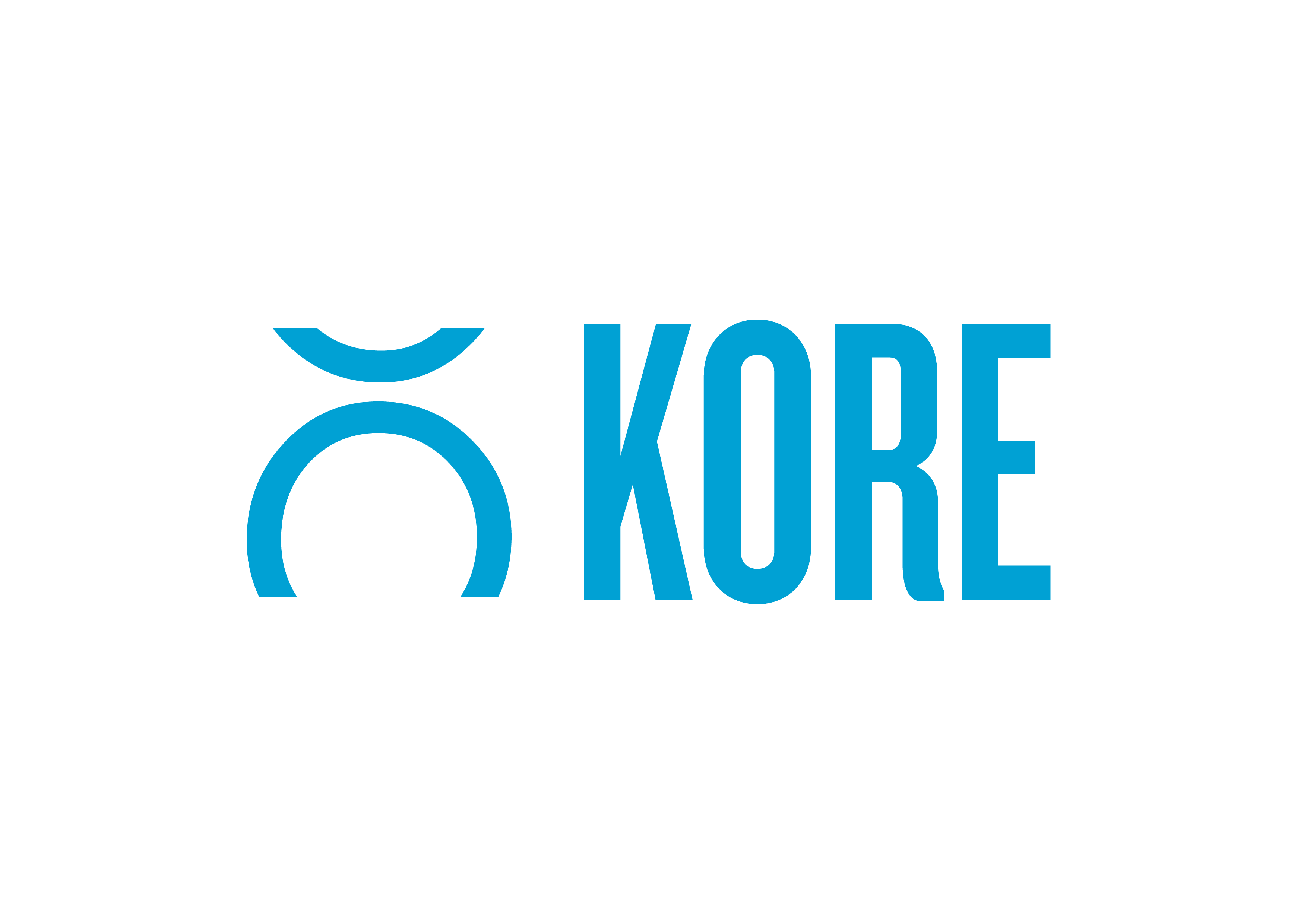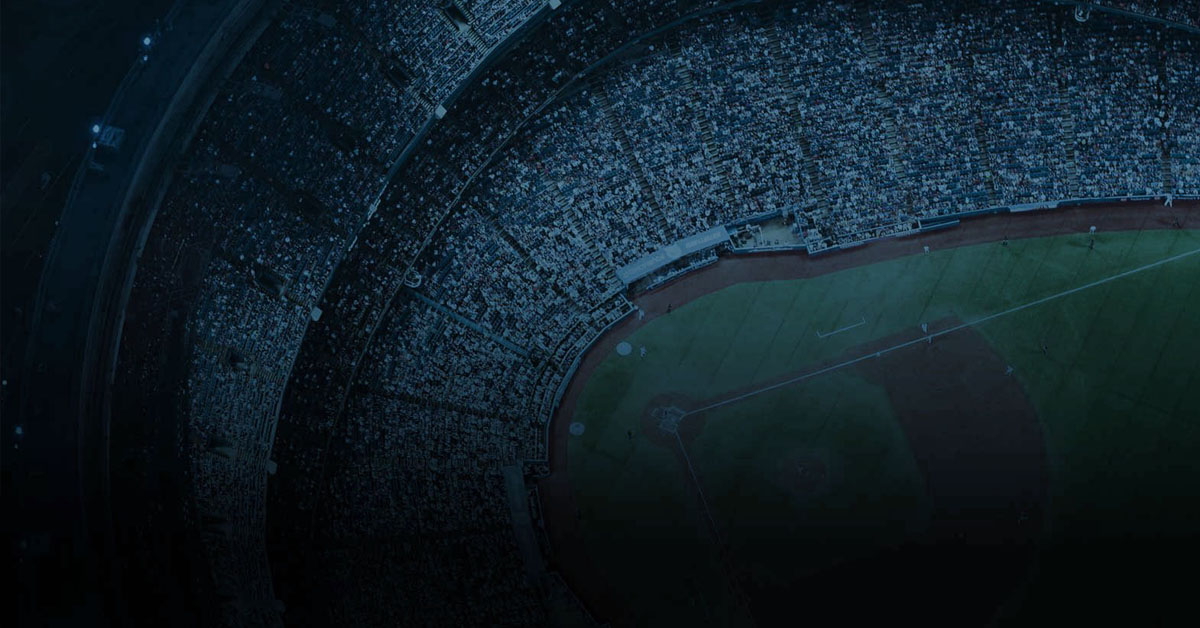COVID-19. I don’t need to say much more for us to get a sense of what’s happening in the sponsorship and broader marketing worlds.
On top of all things Tiger King and Joe Exotic, there is a huge amount of content currently circulating our social feeds and inboxes describing the impacts of COVID-19 for brands, agencies, and rights holders.
In general, it’s sheer carnage and there’s going to be all sorts of reactions and responses from the short to long term.
Short Term
In the immediate short term, we’ve seen thousands of jobs lost. The nightmare of reduced cash flow has literally ripped through the sponsorship industry and broader sportsbiz world. In a general sense, there appears to be three main challenges for both rights holders and brands in the next few months.
Remaining Relevant to Fans
As a sport tragic, this is a really hard concept to swallow. I can’t remember a time in my life where there hasn’t been some sort of live sport to watch, whether I was a fan of it or not.
As international and domestic restrictions continue to develop and change, brands and rights holders are turning to easy-to-execute activities that allow them to stay somewhat connected to their audience – branded Zoom backgrounds, athlete at-home content, and archive content to help us relive the good ol’ days.
F1 launched a Virtual Grand Prix series, EPL players are live streaming video games, and Leyton Orient hosted the UltimateQuaranTeam global esports tournament. Creativity is going to be King in staying relevant to fans.
Competing for Fan’s Attention as More Digital Content Emerges
Content distribution and scheduling rules have seemingly become a free for all, but with the explosion of new content across our social feeds, both engagement and consumption rates have naturally skyrocketed.
However, despite the rise in AI and VR experiences, documentaries, interviews, and competitions, brands and rights holders still need to deliver a specific message to a specific audience group that either educates or connects them with products or services.
“…it’s now about finding that right message for the right audience” – John Shea, Octagon’s Global President of Marketing and Events
Brands and rights holders need to embrace a modern and flexible digital strategy that enables them to compete for a fan’s attention on multiple channels.
In a recent conversation with SportsBusiness, John Shea, Octagon’s Global President of Marketing and Events, summed it up perfectly in that there are still opportunities (for both brand sand rights holders) but it’s now about “finding that right message for the right audience”.
Delivering the right message, through the right content, on the right channel, at the right time, has never been so important to marketing budgets! The skill of shortened concept-creation to execution will be highly sought after.
Restructuring Systems and Processes to Account for Change
This is the non-sexy stuff, but arguably, the most important, and I can say that confidently given where KORE Software sits in the sportsbiz and sponsorship worlds.
With the reduction in staffing and resourcing, we are seeing a total mixed bag of lollies. Some organisations are spending time consolidating their processes to ensure maximum value whilst others are slashing costs and falling back to pre-technology ways.
Whilst it may be difficult to articulate in a board report, there is an immediate challenge to ensure brands and rights holders are using the right systems and processes to work through this pandemic. Basic CRM functions won’t help – marketing automation, single-customer-views, and dynamic or live reporting will go a long way to helping us come out of this still in good shape.
Medium-Term
As I started writing this blog, all I can hear is Ross from Friends yelling at Chandler to “PIVOT! PIVOT! PIVOT!” as they move a couch up a flight of stairs.
Depending on where you are, we’re roughly four to five months into COVID-19 and whilst the remainder of 2020 is uncharted territory for many, the ability for strategies to pivot and execute accordingly is crucial.
So is our effort and understanding of the contracts we have created. It appears widely accepted that the pandemic will have a big impact on how contracts are written and interpreted moving forward. For those, however, who may not have a choice but to terminate or pause payments, there will be plenty of mediations taking place.
Legal experts are encouraging brands to look for sensible solutions to any contract related challenges but, again, we are seeing a total mixed bag of lollies. Brands such as Visa, BHP, Telstra, and other top spending brands in sponsorship are extending their deals with rights holders in a show of good faith. Conversely, others like Accor and Bistro Regent believe there are grounds for non-payment until the respective sports continue.
The sponsorship teams who survive the legal onslaught, both on the brand and rights holder side, will undoubtedly experience sponsorship becoming a solid cog in the marketing mix (if it wasn’t already).
“Campaigns must be able to exist with or without sponsorship” – Ricardo Fort, Head of Global Sponsorships at The Coca-Cola Company
Ricardo Fort, Head of Global Sponsorships at The Coca-Cola Company recently said, “Good brands and good campaigns don’t just rely on sponsorships. Campaigns must be able to exist with or without sponsorship”.
In a statement that should terrify some rights holders selling ‘traditional sponsorship’, Ricardo is effectively imploring that brands use the assets and power of association while arguing that the sponsorship itself should never be the central message of the brand.
Adding to the nightmares, according to MarketingWeek, is the fact that almost 9/10 marketers are now delaying or reviewing both spend and campaign releases in response to COVID-19. Greater fusion of already-owned sponsorship assets into the broader marketing strategy can no longer be a good blog topic, it is an absolute must.
For brands, this is taking a deep dive into all the assets you own across each sponsorship deal and ensuring there is a plan of attack for exactly how they are used either alongside an existing campaign or at least helping to leverage the message. If you have an agency, this is where they earn their money. If you don’t have an agency, it might be a good time to do a one-off project to protect your investments. To name a few, Octagon, M&C Saatchi, and Gemba are doing some great things at the moment.
For rights holders, this is the time to loosen the grip on getting X dollars in revenue from specific assets and, instead, move towards finding ways to help sponsors keep the revenue coming in. Be proactive in understanding what your sponsors are doing versus the broader market trends. Being able to move assets around and still achieve objectives requires a deep understanding of your hard costs, profit margins and, in the end, what needs to be delivered.
Long-Term
Once we begin to move back towards normality, we will be having a big send-off party for traditional sponsorship deals.
In my opinion, we will not see fixed sponsorship fees live for much longer. Quite frankly, we can no longer continue to pay for something that is not directly connected to desired results or outcomes. Incentivized deals work for both parties – if the brand achieves results, they are likely to keep paying for it and that means that the rights holder has an opportunity to scale the deal.
To be clear, this isn’t the cheesy rebate model that came and went quickly. Think of it like an NFL contract – $X guaranteed to access the audience and a further $Y delivered if specific outcomes are achieved over a specific time frame.
There is also scope for us to no longer contract assets the same way. Perhaps rather than letting assets rule the contract, we can let objectives lead the narrative. Remember Return on Objective? In theory, this could be a total fee divided in pools attributed to asset categories but only after they are linked to objectives. Further modeling is definitely needed, and common sense should prevail, however, does it really matter if a brand gets one or two LED rotations?
This new thinking should allow us to dynamically assess what is working and adjust as we progress.
In the End
Joe Exotic will not be President.
Liverpool will earn the Premier League trophy.
Sport will return.
And sponsorship will evolve … for the better.
Whatever happens in the long term, we can almost guarantee that there will be change. Those adept and flexible enough to run with the trends will survive and perhaps flourish. Those who fall back in old habits will have a tough time getting into the swing of things.
Have Something to Share?
Over the coming months, we intend to build on what we are hearing in the market to help everyone best tackle the changing needs during the COVID-19 crisis and as we move out of it. The KORE network includes thousands of industry professionals, from more than 700 properties, across the world who are dealing with the circumstances in unique and amazing ways.
KORE is the global leader in engagement marketing solutions, serving more than 200 professional teams and 850+ sports and entertainment properties worldwide, providing practical tools and services to harness customer data, facilitate sponsorship sales and activation, and create actionable insights.



